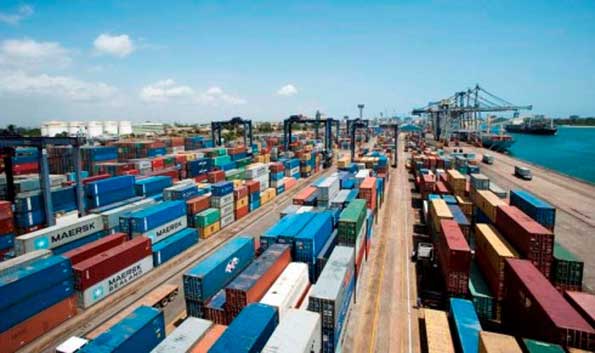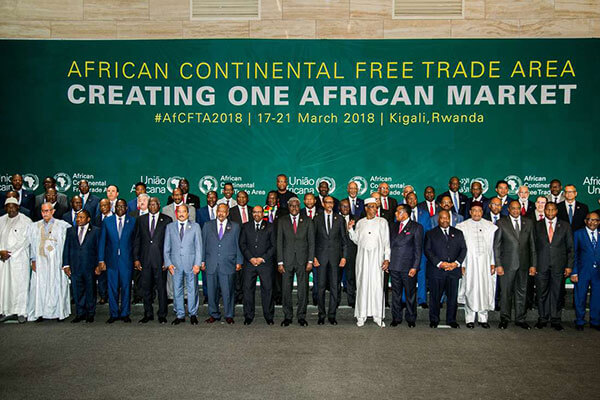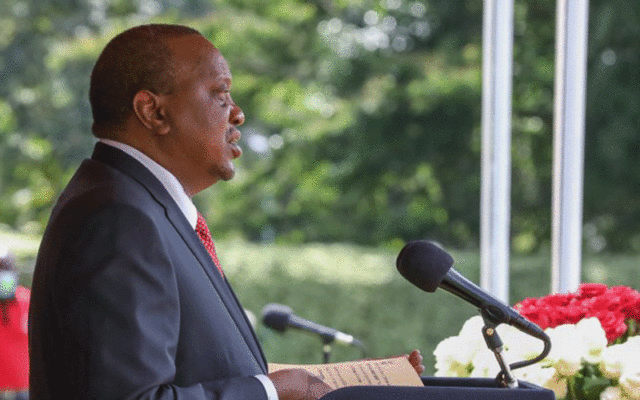The currency in the state is very weak and slowly the county’s shipping sector is monopolized. When we talk about African countries, harsh economic conditions have a strong impact on currency and economic situation in countries. If we add Covid-19 to this - then everything gets more difficult. If we talk about Kenya, the country which has experienced a lot of problems this topic is really important. The currency in the state is very weak and slowly the county’s shipping sector is monopolized. The country has a very strong connection with China. But there are some details. China may gain control over the assets of the Kenya Port Authority KPA, including the port of Mombasa if the Kenyan state railway corporation KRC does not fulfill its debt obligations to the Export-Import Bank of China SGR. According to dozens of financial companies, chief among them Axiory and its analytics experts, KPA's assets are at risk, as the administration has committed to loading China’s Mombasa-Nairobi standard gauge (SGR) rail. China provided loans for the construction of SGR in the amount of about 500 billion Kenyan shillings (about five billion US dollars). The construction of the second phase of the SGR was officially completed in October 2016. Commercial freight operations began in early 2018. Losses of SGR for the first year of operation amounted to 10 billion shillings. Payments on loans should begin in the middle of next year after a five-year grace period. The port of Mombasa is the largest transport hub serving the foreign trade...
Kenya Should Strengthen its Currency Before its Shipping Sector is Monopolized
Posted on: July 14, 2020
Posted on: July 14, 2020
























